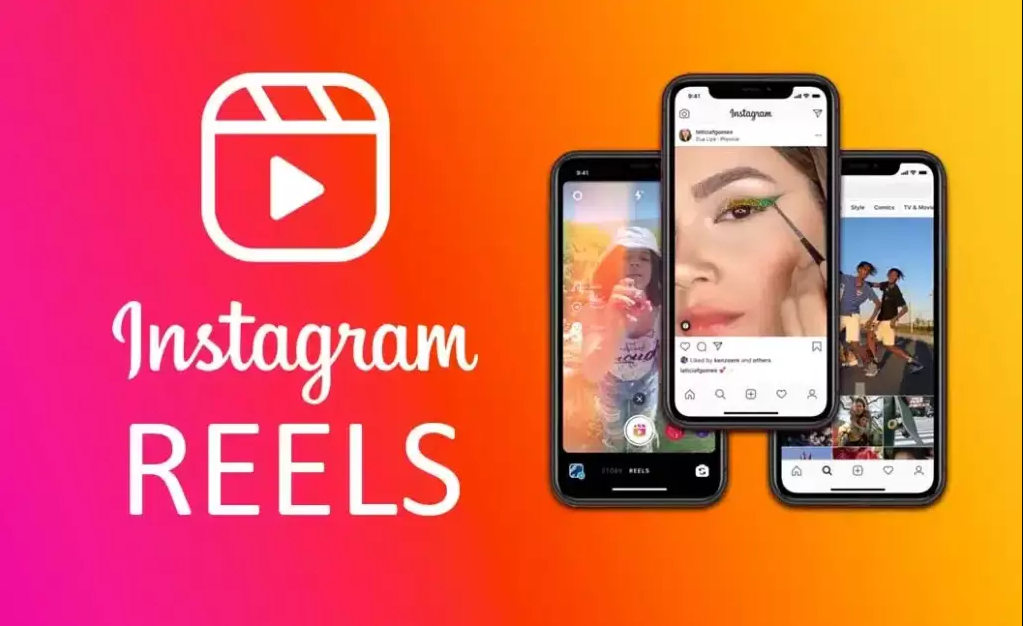YouTube Music has officially turned ten, marking a decade of evolution from a latecomer in the streaming wars to a platform now positioning itself as a serious rival to Spotify and Apple Music. To celebrate, Google has announced a suite of new features designed to enhance personalization, expand global reach, and strengthen user experience.
Launched in 2015, YouTube Music was initially seen as an extension of the YouTube ecosystem rather than a standalone competitor. Over the years, however, the platform has leveraged Google’s deep integration, vast video library, and global user base to gradually carve out a stronger place in the music streaming market.
Now, with over 10 years of user data, playlists, and content partnerships, YouTube Music is unveiling upgrades that highlight how far it has come—and how much further it intends to go.
New Features to Keep Listeners Engaged
Among the fresh offerings is an improved recommendation engine, powered by artificial intelligence, promising to deliver hyper-personalized playlists that adapt not just to listening history but also to mood, location, and time of day. Another highlight is expanded collaborative playlist tools, allowing users to co-create and share mixes more seamlessly.
The platform is also boosting its cross-device integration, ensuring smoother transitions between mobile, desktop, smart speakers, and even cars—a direct move to challenge Spotify’s stronghold on multi-device flexibility.
YouTube Music’s strategy is not limited to features; it is also about markets. With Africa, South Asia, and Latin America representing some of the fastest-growing music streaming audiences, YouTube Music is doubling down on localization. More language options, curated regional playlists, and support for local creators are expected to solidify its presence outside Western markets.
This approach aligns with the broader digital economy trend in which global platforms increasingly tailor their services to regional consumption habits.
Why It Matters
Spotify remains the market leader with over 600 million users, and Apple Music continues to leverage its premium ecosystem. Yet, YouTube Music’s unique advantage lies in its seamless bridge between music videos and audio streaming—a dual strength that its rivals have not fully replicated.
By emphasizing discovery, personalization, and its massive video archive, YouTube Music is banking on an edge that appeals to younger audiences who move fluidly between video and audio formats.
The next decade for YouTube Music will test whether these updates can close the gap with competitors. While Google has struggled in the past with sustaining consumer-facing platforms, the growing demand for streaming services—especially in emerging markets—may provide fertile ground for long-term success.
What’s clear is that YouTube Music no longer sees itself as a secondary player. By embracing innovation, localization, and cross-platform experiences, it is making a bold play for a larger share of the global music streaming industry.
Talking Points
While YouTube Music is celebrating a decade, the real test lies ahead in regions like Africa. Streaming penetration here is still low, but smartphone adoption is exploding.
The question is: will YouTube Music prioritize affordable access for Africans, or will it continue with models that mostly serve Western and middle-class urban markets? A music service that ignores Africa’s unique digital economy risks missing the next billion users.
YouTube Music’s AI-driven personalization sounds exciting, but it also raises questions. Who controls the data generated from billions of listening habits, moods, and even locations?
In countries with weak data privacy protections, platforms like YouTube Music are essentially mapping human behavior at scale without accountability. Should we really be celebrating innovation without questioning its ethical backbone?
Google has a track record of abandoning consumer-facing apps and platforms (remember Google+ and Google Play Music). So, can we trust that YouTube Music will still be here in another 10 years?
Or is this anniversary more about Google flexing its brand muscle than a genuine long-term commitment to the streaming economy? Africans, who have seen platforms disappear overnight, should be wary of over-dependence on one tech giant.





